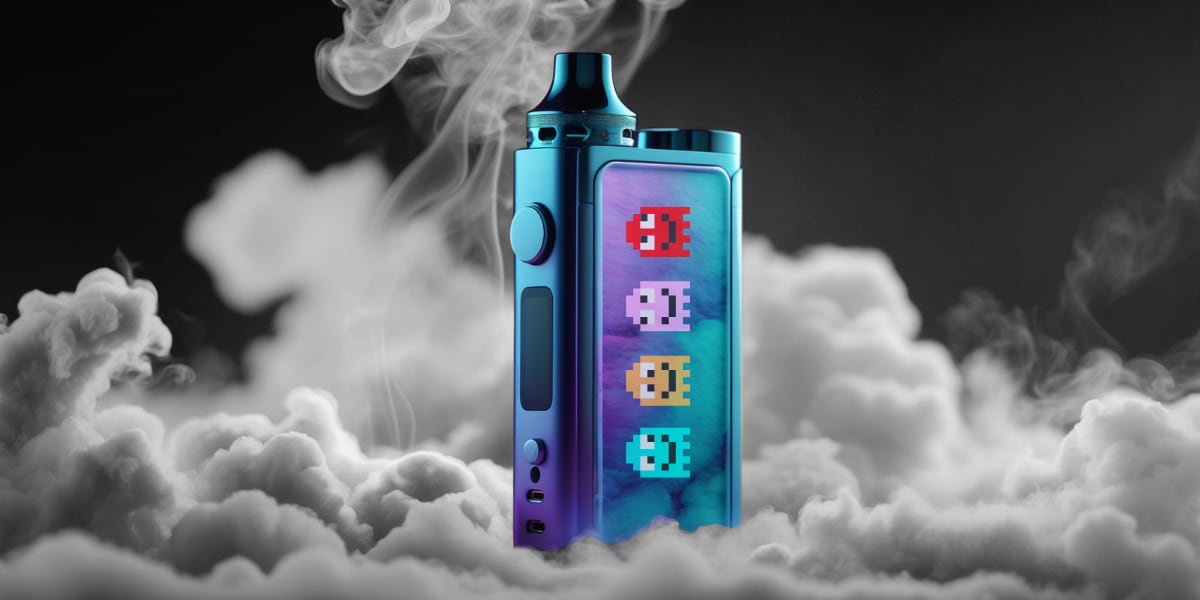Trump's Mexican Coke Craze: A Sweet Threat to South African Health?
2025-07-18

Daily Mail
President Donald Trump's recent push for the return of Coca-Cola made with real cane sugar, particularly the Mexican version, has sparked a debate far beyond US borders. While some celebrate the nostalgic taste, health experts in South Africa are raising serious concerns about the potential health implications of widespread consumption of drinks loaded with cane sugar. Could this seemingly harmless craving trigger a health nightmare for South Africans? Let's delve into the details.
The Trump Effect and the Return of Cane Sugar
Trump has publicly expressed his preference for Mexican Coke, which still uses cane sugar instead of high-fructose corn syrup, the sweetener commonly used in US-produced Coca-Cola. His persistent requests have put pressure on Coca-Cola to consider reverting to cane sugar, a move that could significantly impact the global market. The appeal lies in the perceived superior taste – many argue that cane sugar offers a cleaner, more authentic sweetness. However, the health implications are a far more pressing concern.
Why the Concern? The Sugar Factor
The core issue isn't the type of sweetener itself, but the sheer quantity of sugar in these beverages. Both high-fructose corn syrup and cane sugar are forms of sugar, and excessive consumption of either is linked to a range of health problems. South Africa already faces a growing crisis of obesity, diabetes, and related non-communicable diseases (NCDs). A widespread shift back to cane sugar-sweetened drinks could exacerbate this problem.
“We’re already battling a significant burden of NCDs,” explains Dr. Sarah Nkosi, a leading nutritionist in Johannesburg. “Increasing access to, and consumption of, sugary drinks, regardless of the sweetener used, will only worsen the situation. We need to focus on preventative measures, including promoting healthier beverage choices and reducing overall sugar intake.”
The South African Context: A Perfect Storm
South Africa's high rates of poverty and inequality play a crucial role. Sugary drinks are often cheaper and more accessible than healthier alternatives, making them a popular choice for many. Furthermore, limited access to healthcare and nutrition education compounds the problem. The introduction of more cane sugar-sweetened drinks could disproportionately affect vulnerable populations, further widening health disparities.
Beyond the Sweet Taste: Long-Term Health Risks
The risks associated with excessive sugar consumption are well-documented. They include:
- Obesity: Excess sugar contributes to weight gain and increases the risk of obesity.
- Type 2 Diabetes: High sugar intake is a major risk factor for developing type 2 diabetes.
- Heart Disease: Sugar contributes to inflammation and increases the risk of heart disease.
- Dental Problems: Sugary drinks erode tooth enamel, leading to cavities and other dental issues.
- Liver Damage: Excessive fructose (found in both high-fructose corn syrup and cane sugar) can contribute to non-alcoholic fatty liver disease.
What Can Be Done?
While the prospect of widespread cane sugar-sweetened drinks is concerning, there are steps that can be taken:
- Public Health Campaigns: Raise awareness about the dangers of excessive sugar consumption.
- Sugar Taxes: Implement taxes on sugary drinks to discourage consumption.
- Healthier Alternatives: Promote and make accessible healthier beverage options, such as water, unsweetened tea, and fruit-infused water.
- Regulation: Consider regulations on the marketing and advertising of sugary drinks, particularly targeting children.
The Bottom Line
President Trump's preference for Mexican Coke might seem like a trivial matter, but it highlights a larger issue: the global impact of sugary drinks on public health. South Africa needs to be proactive in addressing this challenge and protecting its citizens from the potential health consequences of a 'sweet' return to cane sugar. The focus should be on education, prevention, and creating an environment that supports healthier choices for all.





